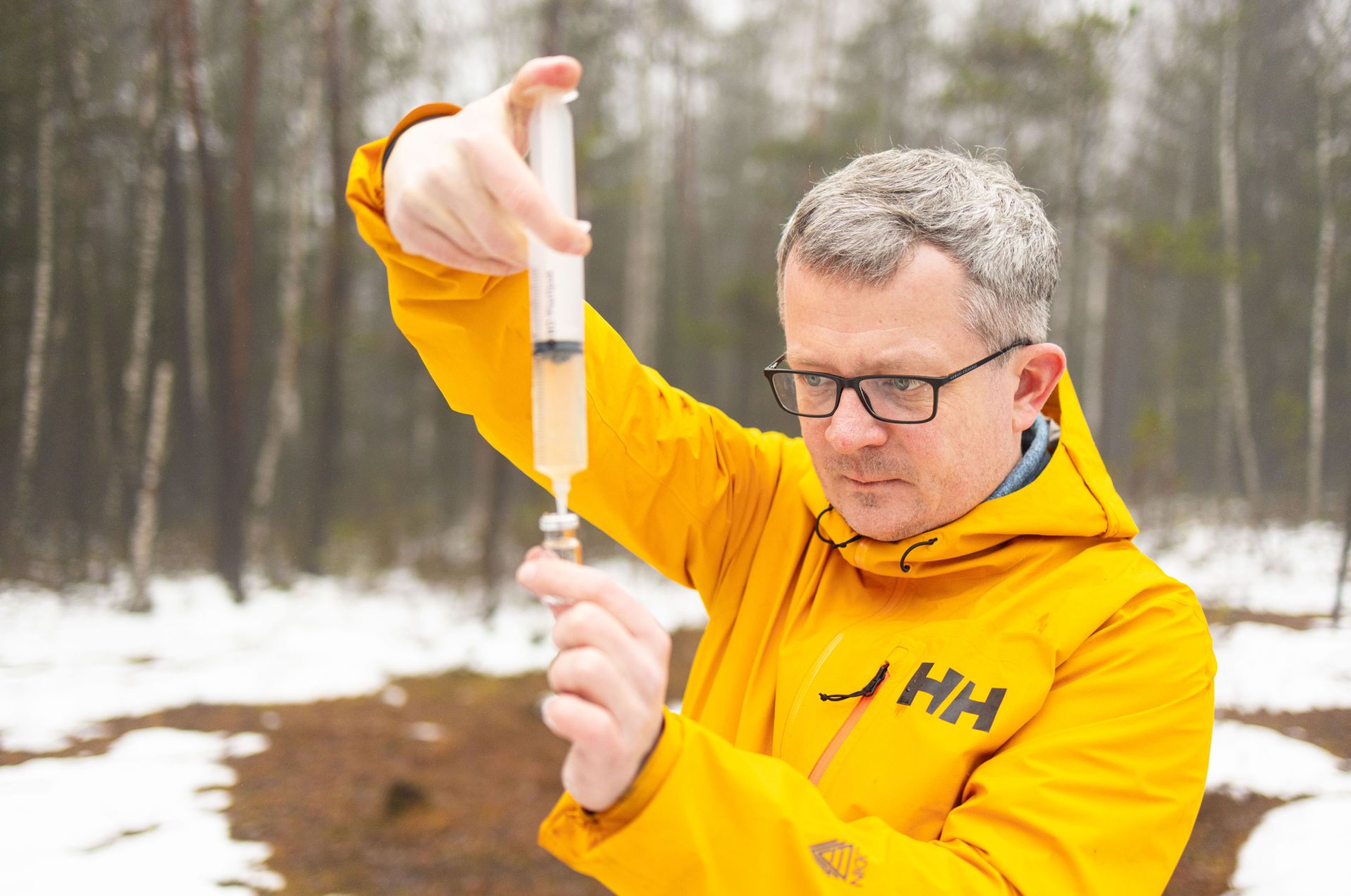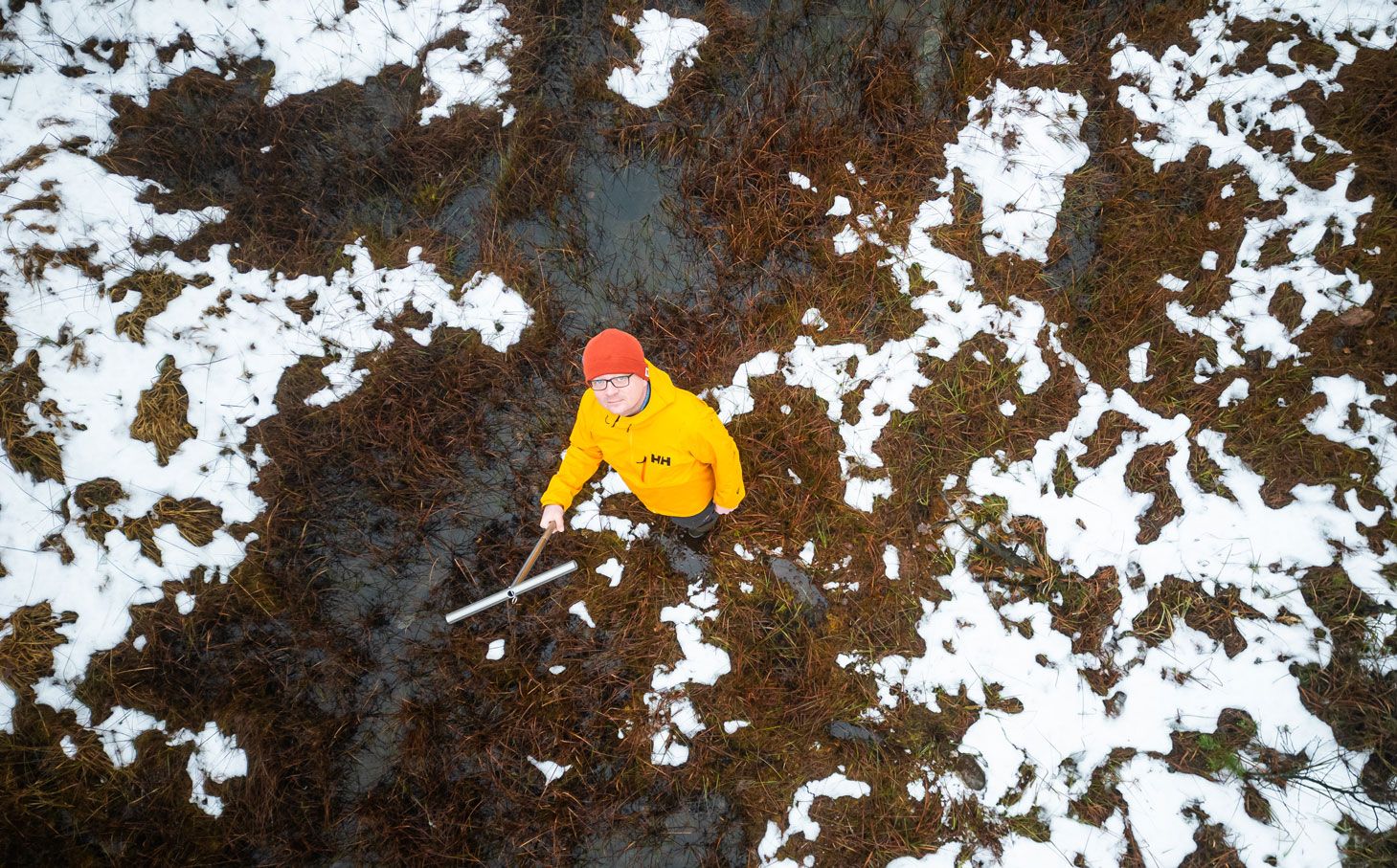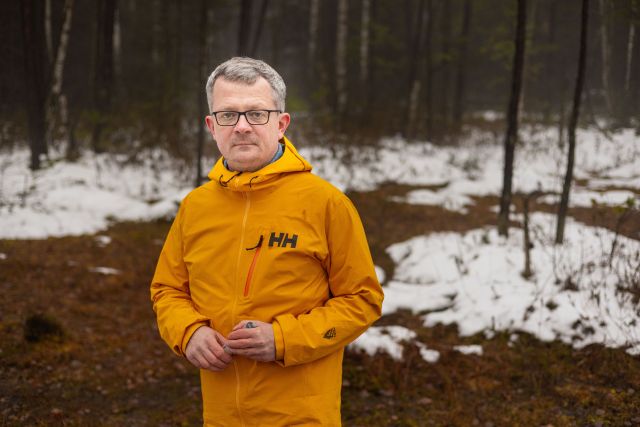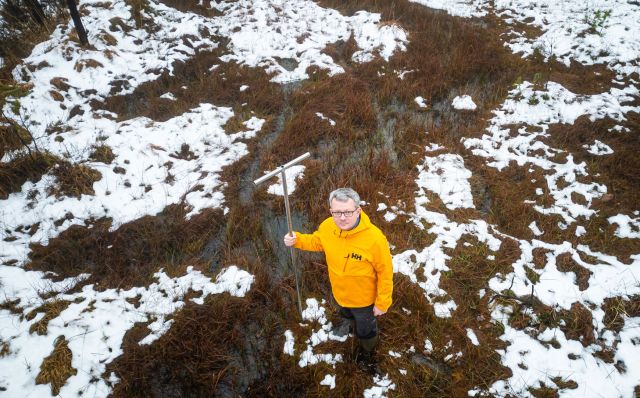Principal Investigator
:
Dr hab. Mateusz Grygoruk
Warsaw University of Life Sciences-SGGW
Panel: ST10
Funding scheme
: GRIEG
announced on
17 June 2019
Peatlands are one of the largest carbon stores on the continents. However, due to abrupt climate change, it is becoming increasingly difficult to maintain them in good condition. Hydrological processes have the greatest impact on the condition of peatlands beyond direct human influence. Hydrological processes are caused by an increase in global air temperature and changes in the temporal and spatial differentiation of precipitation and evapotranspiration. Climate change disruptions result in, inter alia, subsidence of peatlands that are drying out), increased emission of greenhouse gases, and reduction of methane emission as well as changes in the rate of growth and decomposition of dead organic matter. These changes occur differently at different latitudes, and their complexity and relationships with other natural processes make them difficult to describe and forecast.
 Dr hab. Mateusz Grygoruk, photo by Michał Łepecki
In the FORCE project, we decided to look into these complex phenomena by close examination of hydrological processes of five peatlands located between Northern Norway (Finnmark) and Northeastern Poland (Podlasie and Suwałki regions). Researchers from Polish and Norwegian universities have analyzed climate changes in the studied peatland regions. During extensive field research, we have collected data on the location of the water table in the peatlands and on the type of peat-fed water. Geophysical surveys allowed us to determine the structure of peatlands, including permafrost core palsa peatlands that are gradually disappearing. Thanks to independently developed measuring devices (greenhouse gas measurement chambers and piezometers for measuring greenhouse gas concentration at different depths of the peatland) and thorough analyses of gas samples originating from the studied peatlands, we were able to assess the variability of greenhouse gas emissions. In botanical studies, we determined peatland vegetation types and their features indicative of adaptation to unique environmental conditions of such ecosystems. Using hydrological and statistical modeling tools, we tried to describe the relationships between climatic and hydrological processes that may impact the other components of the peatland environment described above.
Dr hab. Mateusz Grygoruk, photo by Michał Łepecki
In the FORCE project, we decided to look into these complex phenomena by close examination of hydrological processes of five peatlands located between Northern Norway (Finnmark) and Northeastern Poland (Podlasie and Suwałki regions). Researchers from Polish and Norwegian universities have analyzed climate changes in the studied peatland regions. During extensive field research, we have collected data on the location of the water table in the peatlands and on the type of peat-fed water. Geophysical surveys allowed us to determine the structure of peatlands, including permafrost core palsa peatlands that are gradually disappearing. Thanks to independently developed measuring devices (greenhouse gas measurement chambers and piezometers for measuring greenhouse gas concentration at different depths of the peatland) and thorough analyses of gas samples originating from the studied peatlands, we were able to assess the variability of greenhouse gas emissions. In botanical studies, we determined peatland vegetation types and their features indicative of adaptation to unique environmental conditions of such ecosystems. Using hydrological and statistical modeling tools, we tried to describe the relationships between climatic and hydrological processes that may impact the other components of the peatland environment described above.
Based on our research, we have determined that rapid climate changes in the late 20th century and early 21st century harmed the peatlands. The degradation of palsa peatlands results in the formation of other hydrologically stable peatlands in their place, which accumulate carbon effectively. Gradual acidification of the peatlands in Central and Southern Norway is caused by rainfall pattern changes, although irregular rainfalls cause peatlands to dry, increase carbon dioxide emissions. We have also noticed a reduction of peatlands acidifying in their top layer in the temperate zone due to rapid and negative water balance changes (a significant increase in evaporation with temporally unstable precipitation supply). The conclusions of our research form the basis for continued peatland protection planning. Although due to rapid climate changes some peatlands (e.g. palsa) cannot be preserved, proper water management of peatland catchments, especially in Poland, could increase the chance of their preservation in the right hydrological conditions.
 Dr hab. Mateusz Grygoruk, photo by Michał Łepecki
Dr hab. Mateusz Grygoruk, photo by Michał Łepecki
Project title: FORCE - FORecasting hydrological response Carbon balance and Emissions from different types of mires in arctic-to-temperate zone transect in abrupt climatic change
Dr hab. Mateusz Grygoruk
Professor at the Warsaw University of Life Sciences-SGGW. Hydrologist researching water cycle processes in wetlands (individual sites and catchments). Focused on research combining various environmental disciplines with other research fields to ensure better river and wetland protection and restoration planning. He has researched rivers and wetlands in Poland (mainly in Northeastern Poland), as well as Norway, Lithuania, Latvia, Russia, and Canada. Member of the State Council for Environmental Conservation, Scientific Council of the Białowieża National Park, and PAS Committee on Climate Crisis.


